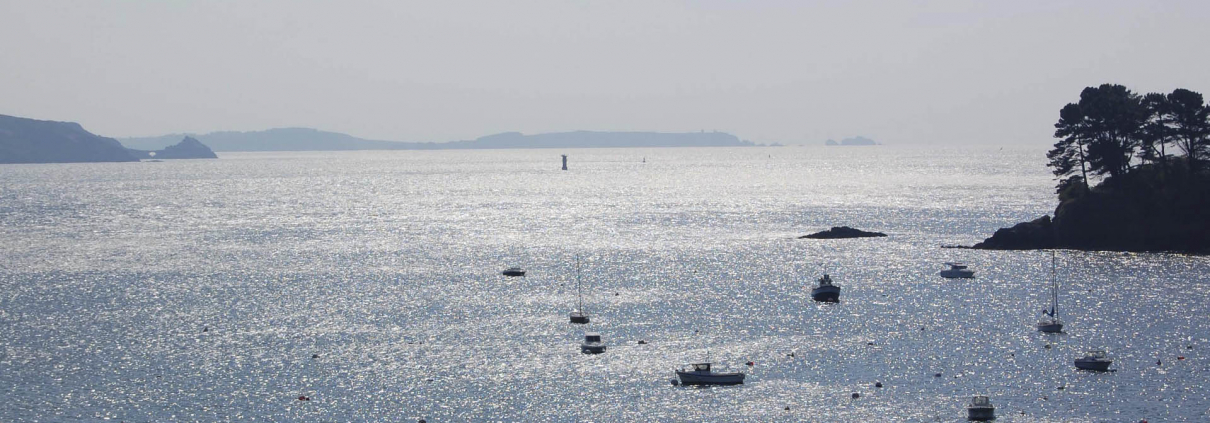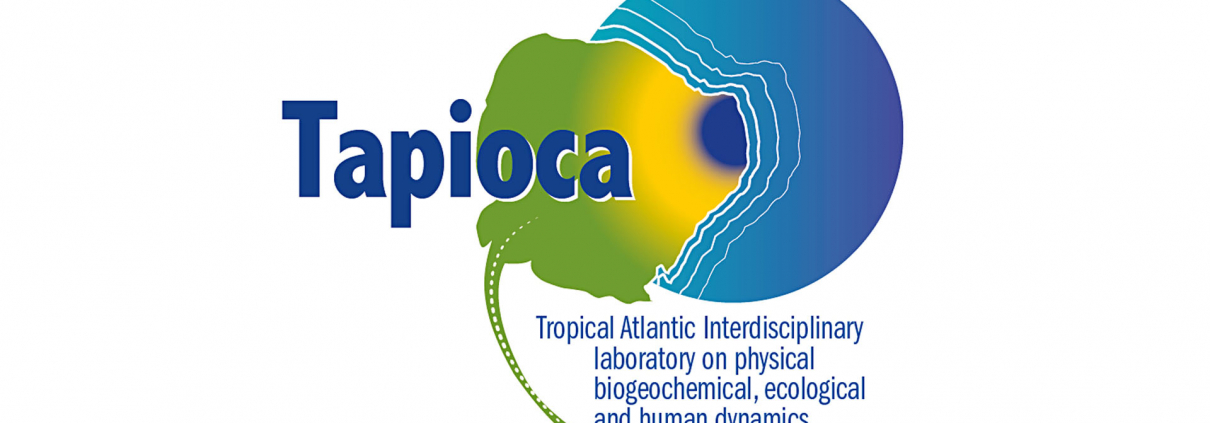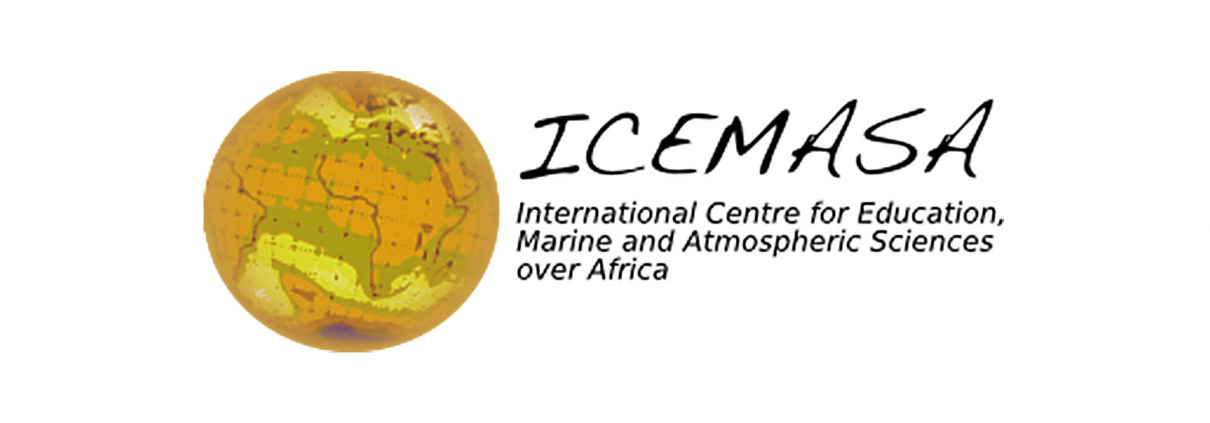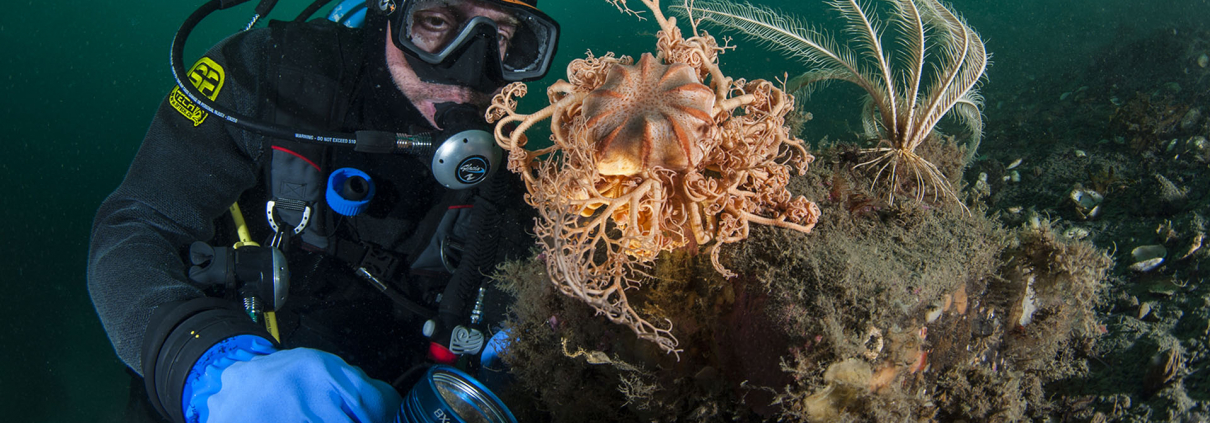ZABrI
In May 2012, the Zone Atelier Brest Iroise, in France, was recognised by INEE-CNRS (Institute of Ecology and Environment, French National Center for Scientific Research). It is coordinated by two laboratories of the European Institute for Marine Studies (IUEM) : LETG Brest – Géomer and LEMAR, and includes several Breton laboratories doing research on 4 major topics concerning the coast :
- Vulnerability to coastal hazards
- Land-sea transfers and their consequences for socio-ecological systems
- Conservation of biodiversity and land-use management
- Relations between sciences and society.
Its objective is to improve our understanding of the functioning and evolution of coastal social-ecological systems in a changing environment and within a perspective of integrated management, by favouring an interdisciplinary and intersectoral approach along the land-sea continuum.
More information on the ZABrI website and on the INEE’s Réseau des Zones Ateliers (RZA).
Click here to see the main projects at LEMAR related to ZABrI.
Zone atelier Brest-Iroise








